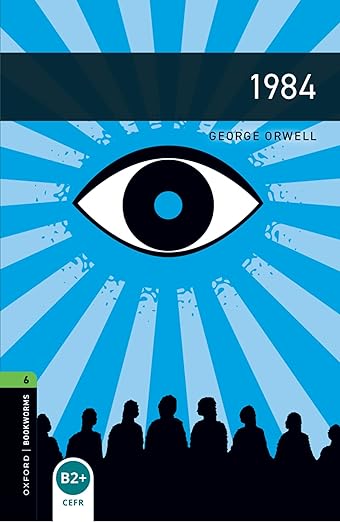George Orwell, born Eric Arthur Blair, was an English novelist, essayist, journalist, and critic whose work is characterized by lucid prose, social criticism, opposition to totalitarianism, and support of democratic socialism. His most famous works, the allegorical novella Animal Farm (1945) and the dystopian novel Nineteen Eighty-Four (1949), have profoundly shaped modern political discourse and introduced terms like "Big Brother," "thought police," and "Orwellian" into common usage.
Early Life and Imperial Service
Born in Motihari, Bengal, India, Orwell was the son of a British civil servant. He was educated in England at prestigious schools including Eton College, where he developed his literary interests. From 1922 to 1927, he served in the Indian Imperial Police in Burma, an experience that shaped his lifelong opposition to imperialism and inspired his first novel, Burmese Days (1934).
Finding His Voice Through Experience
After resigning from the police, Orwell deliberately immersed himself in the lives of the poor and marginalized, documenting his experiences in Down and Out in Paris and London (1933). This period of voluntary poverty solidified his political convictions and honed his distinctive prose style—clear, direct, and uncompromising. He adopted the pen name George Orwell to avoid embarrassing his family and to separate his writing from his personal life.
Political Awakening and the Spanish Civil War
Orwell's political consciousness deepened during the Spanish Civil War, where he fought for the Republican side against Francisco Franco's Nationalists. His experience with the suppression of his left-wing militia by communist forces, detailed in Homage to Catalonia (1938), cemented his lifelong distrust of all totalitarian systems, whether from the right or left.
Literary Masterpieces and Final Years
During World War II, Orwell worked for the BBC and wrote for various publications while struggling with tuberculosis. It was in his final years, despite declining health, that he produced his two most influential works: Animal Farm, a satirical allegory of Soviet communism, and Nineteen Eighty-Four, a chilling vision of a totalitarian future that has become a foundational text of dystopian literature.
A Lasting Literary and Political Legacy
Orwell died from tuberculosis at age 46, just as his fame was reaching its peak. His works continue to resonate powerfully in discussions of government surveillance, propaganda, historical revisionism, and authoritarianism. Orwell remains one of the most widely quoted and influential writers of the 20th century, his name synonymous with intellectual honesty and the defense of democratic principles against oppressive systems.





Comments